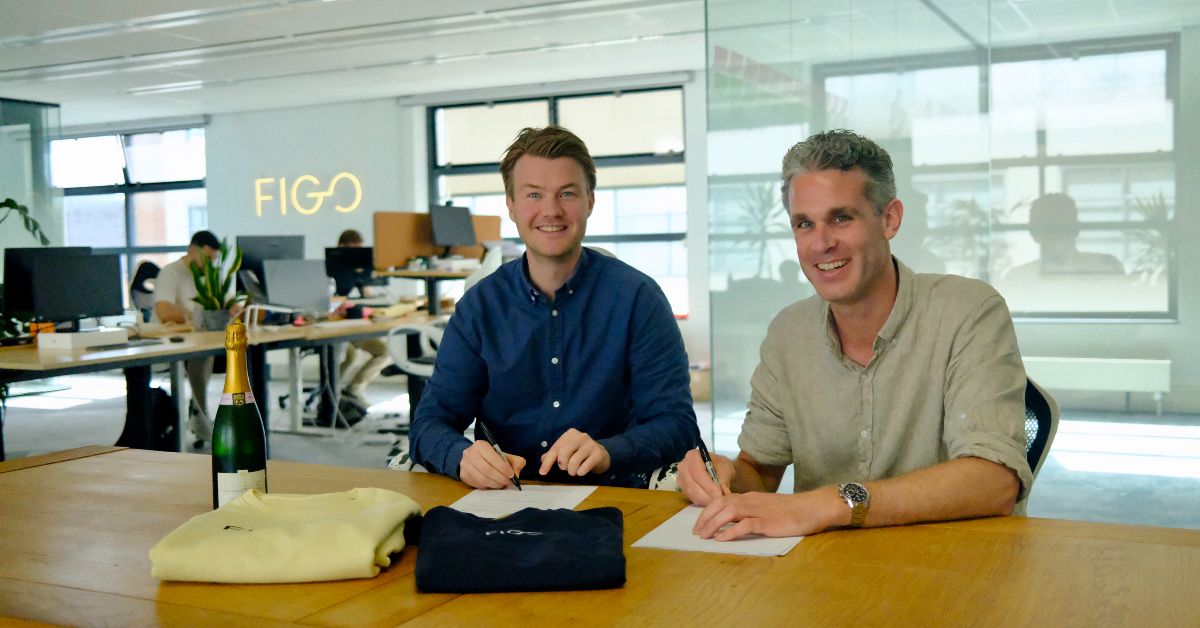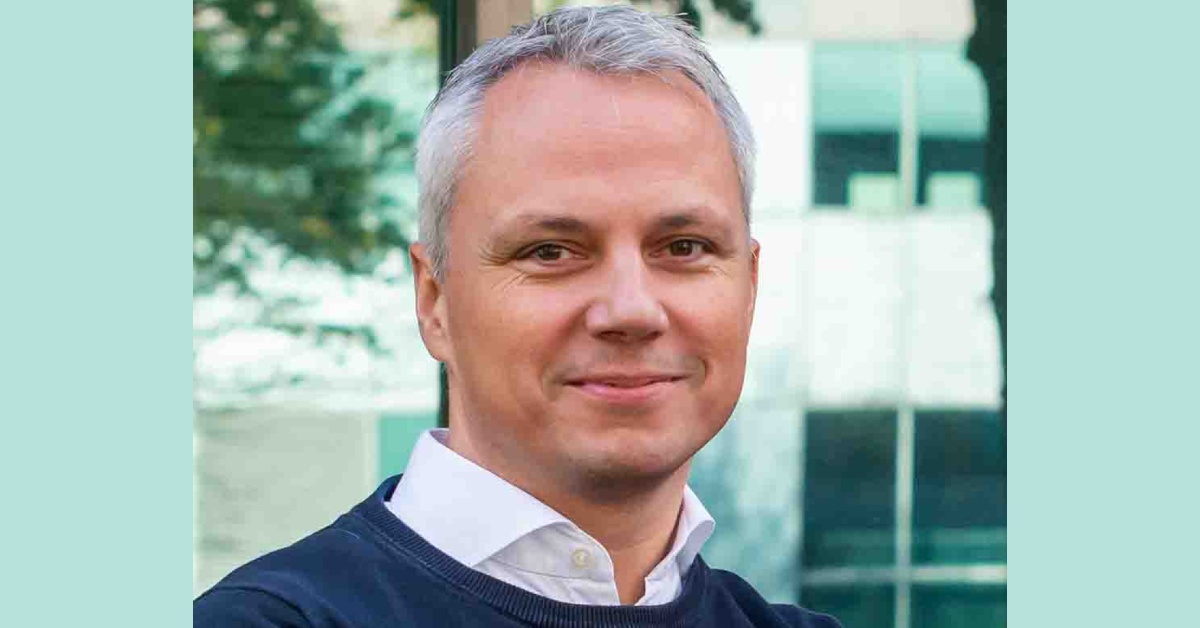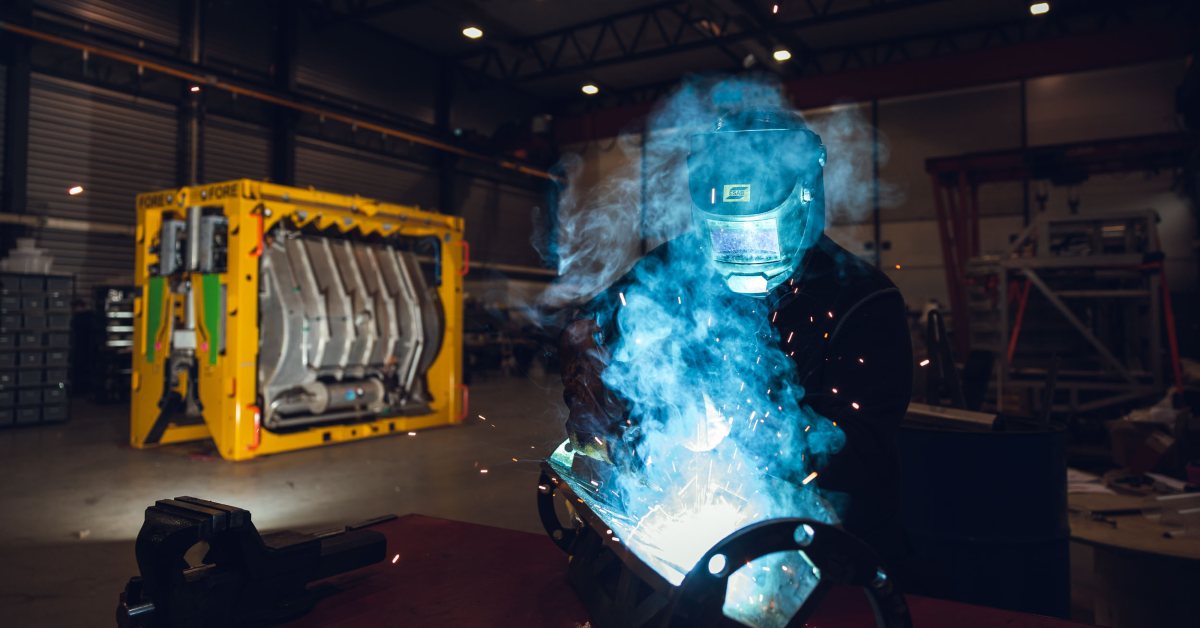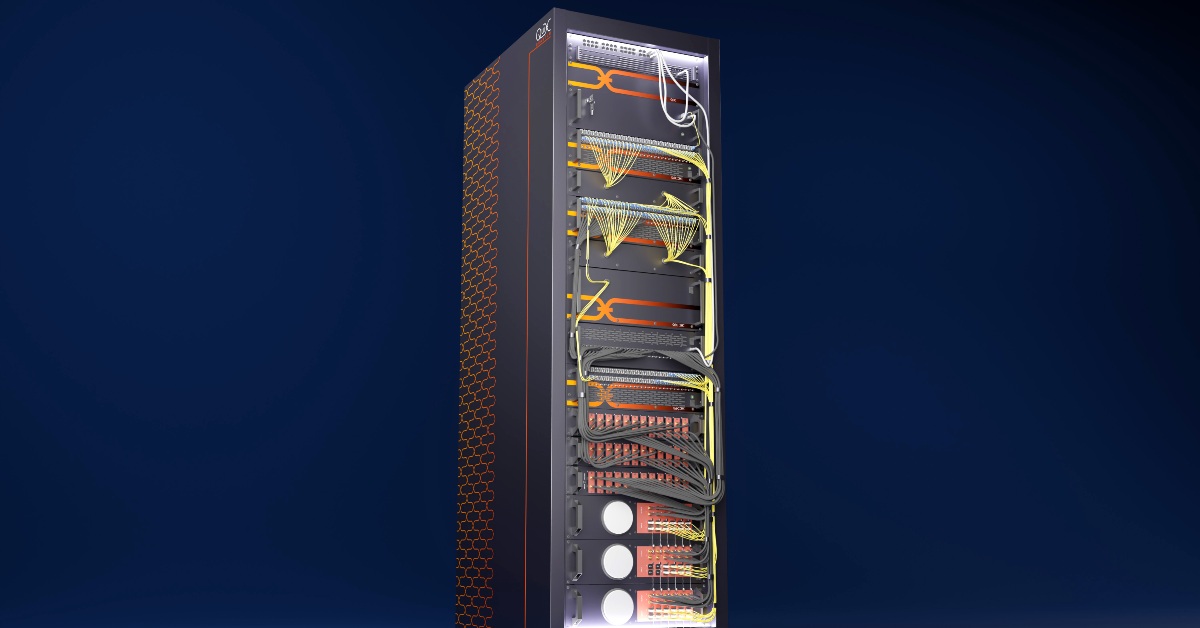Budapest-based Wizz Air, an ultra-low-cost airline, announced on Monday, April 24, that it has invested £5M (approximately €5.6M) in biofuel company Firefly to support its operations in the UK with sustainable aviation fuel (SAF) from 2028.
This marks Wizz Air’s first equity investment in sustainable aviation fuel research and development.
Why this partnership?
The partnership with Firefly is expected to supply up to 525,000 tonnes of SAF to Wizz Air’s UK operations over 15 years, potentially reducing carbon emissions by 1.5M tonnes of CO2-eq.
Firefly specialises in converting sewage sludge, a low-value waste product produced in large quantities, into SAF.
In the UK, more than 57M tonnes of sewage sludge are produced annually, which could yield around 250,000 tonnes of SAF.
Firefly’s SAF is expected to deliver a 90 per cent reduction in greenhouse gas emissions compared to fossil jet fuel on a life cycle basis, certified independently against the leading sustainability standard RSB.
Firefly aims to operate its first commercial plant within five years.
Wizz Air’s investment in new SAF technology is part of its broader sustainability strategy that includes a fleet renewal plan and already efficient low-cost operations with the latest technology aircraft, high seat density and load factors.
The airline aims to reduce its carbon emissions per passenger/km by 25 per cent by 2030, further strengthening its position as an industry leader in sustainability.
Wizz Air’s Road to Sustainability
In 2022, Wizz Air achieved its lowest-ever annual carbon intensity of 55.2 grams per passenger/km, a 15 per cent reduction from the previous year.
The airline achieved this by investing heavily in its fleet, adding new and replacing older aircraft with the Airbus A321neo, which incorporates the latest technology and can currently fly with up to 50 per cent SAF blend.
The share of the new “neo” technology Airbus A320 family aircraft has already surpassed 50 per cent of Wizz Air’s fleet. In addition, Wizz Air is constantly working on fuel efficiency initiatives and improving its data analytics.
Currently, Wizz Air operates a fleet of 180 Airbus A320 and A321 aircraft. The company is listed on the London Stock Exchange under the ticker WIZZ.
Michael Berlouis, Head of Strategic Projects at Wizz Air, says, “In addition to fleet renewal and operational efficiency, SAF is crucial for reducing carbon emissions from aviation. However, feedstock availability remains the key challenge for the industry. Our investment in Firefly and its sewage sludge SAF technology is a major step forward for Wizz Air in securing its long-term ability to provide low-cost fares to its customers in an ever more environmentally sustainable way.”
“From 2028, we are aiming to procure 525,000 tonnes of SAF from Firefly over 15 years. This has the potential to reduce our emissions by 100,000 tonnes CO2-eq per year, which is equal to the emissions of over 12,000 return Wizz Air flights between London and Budapest.”
Firefly: Pioneer in renewable fuels
Firefly’s technology originated in the laboratories of Green Fuels, a pioneer in renewable fuels founded in 2003.
Firefly demonstrates an integrated technology route to SAF using sewage sludge as feedstock, addressing a market opportunity and unmet need.
The project encompasses the engineering design and construction of a demonstrator plant, capable of generating the quantities of fuel to allow qualification.
This in turn will lead to a first-of-a-kind commercial refinery and roll-out to several UK locations where airports, pipeline terminals, and wastewater treatment works are in close proximity.
James Hygate, CEO of Firefly Green Fuels, says, “We are thrilled to be establishing a partnership with Wizz Air. The investment will accelerate the commercialisation of our game-changing Firefly process, with the binding offtake agreement saving a staggering 1.5m tonnes of carbon emissions.”
“Firefly will facilitate a step change towards the future of air travel. The feedstock, sewage sludge, is available in vast quantities globally, and with Firefly we can put it to truly beneficial use, reducing the use of fossil fuels in the hardest to decarbonise areas,” adds Hygate.










01
From telecom veteran to Dutch Startup Visa success: The Jignesh Dave story